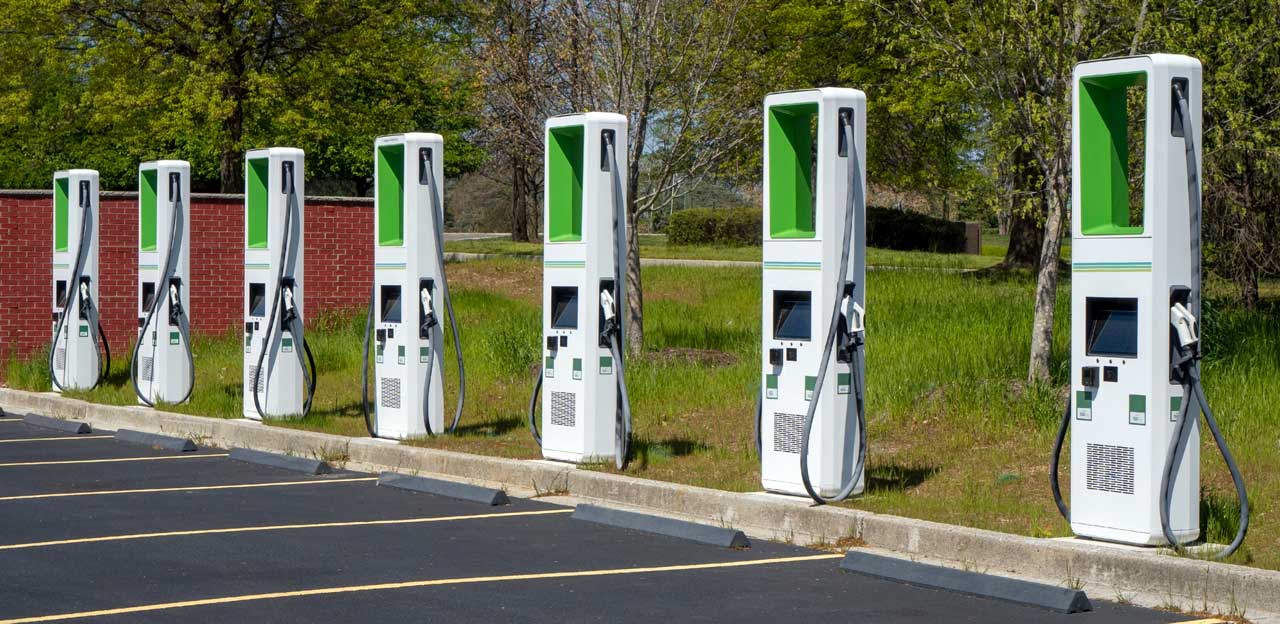How to set up a electric car charging station in india?
Electric Vehicle Charging station market is estimated to surpass $400 Billion globally. India is one of the emerging markets with very few local and international players in the sector. This presents India with a huge potential to rise in this market. In this article we will mention 7 points to consider before setting up your EV charging station in India or anywhere in the world.
Inadequate charging facilities has always been the most discouraging factor behind automobile company’s reluctance towards electric cars.
Carefully considering the overall scenario in India, the Government of India put-forth an ambitious leap of pushing the 500 charging stations count to one station every three kilometers in the cities in India. The target includes setting up a charging station every 25 km on both sides of highways.
It is highly estimated that the market for charging stations will surpass 400 Billion dollars in the coming years, across the globe. Automotive giants such as Mahindra and Mahindra, Tata Motors, etc., and Cab-service providers like Ola and Uber are few of the native brands that are keen to set up electric vehicle charging stations in India.
Adding to the list are many International brands such as NIKOL EV, Delta, Exicom, and few Dutch firms, that eventually signifies India as one of the emerging markets in the sector.
Scroll below the image to find out How to setup EV charging station in India.
This presents India with a huge potential to rise in this market. In order to smoothen the establishment process, the Government of India has de-licensed public charging stations ventures for electric vehicles enabling the desiring individuals to extend such facilities but at a regulated tariff. What does this mean? It means any individual can set up an EV charging station in India, provided the station meets the technical parameters laid down by Govt.
To set up an EV charging station, one may need to take into consideration the following points in order to establish a station with an appropriate facility
Target Segment: Charging requirements for Electric 2 & 3 wheelers is different from that of electric cars. Whereas an electric car can be charged using a gun, for 2 or 3 wheelers, batteries are required to be removed and for charging. Hence, decide the type of vehicles you want to target. Number of 2 & 3 wheelers is 10x higher but the time they will take for single charge will also be higher.
Charging Speed: Once the target segment is known, then decide the type of charging unit needed? For example, AC or DC. For electric 2 & 3 wheelers a AC slow charger is sufficient. Whereas for electric cars both options (AC & DC) can be used, although an electric car user will always opt for DC fast charger. One can go with the franchise modules of companies like NIKOL EV available in the market where an individual can park their vehicle for charging and can munch on some snacks, relax in garden, take a nap in sleeping pods etc.
Location: The most important and deciding factor is the location. An internal city road comprises of 2 wheelers and 4 wheelers, where the number of 2 wheelers can be 5x than higher than 4 wheelers. The same is opposite in the case of a Highway. Hence, the best solution is to have AC & DC chargers on internal roads & DC Fast chargers on Highways.
Investment: The other factor which usually makes an impact on the decision is the initial investment (CAPEX) you are going to put in the project. Any individual can start EV Charging station business from a minimum investment of Rs. 15,000 to 40 Lakhs depending on the type of chargers and services they are going to offer. If the investment is in the range of up to Rs. 5 Lakhs, then opt for 4 Bharat AC chargers & 2 Type-2 charger.
Demand: Calculate the demand the location is going to generate in the coming 10 years. Because once the number of electric vehicles are going to increase, the availability of sufficient electricity supply to power up the charging station is also going to require. Hence, according to the future demand calculate the energy you are going to require and keep provision for that, be in terms of capital or electricity consumption.
Operational Cost: Maintaining an EV charging station depends on the type and setup of the charger. Maintaining a high capacity and add-on services (washing, restaurant etc) providing charging station is similar to maintaining a petrol pump . CAPEX is something which we initially consider before starting any project, but the major problem arises when the operational costs are not recovered from the running business. Hence, calculate the maintenance / operational costs associated with the charging station.
Government Regulations: Understanding the government regulations in your particular area. Hire a consultant or check from state & central government websites about the latest rules and regulations or subsidies available in the EV sector.
Also Read: Cost of setting up EV Charging station in India
Post time: Oct-24-2023

 Portable EV Charger
Portable EV Charger Home EV Wallbox
Home EV Wallbox DC Charger Station
DC Charger Station EV Charging Module
EV Charging Module NACS&CCS1&CCS2
NACS&CCS1&CCS2 EV Accessories
EV Accessories

